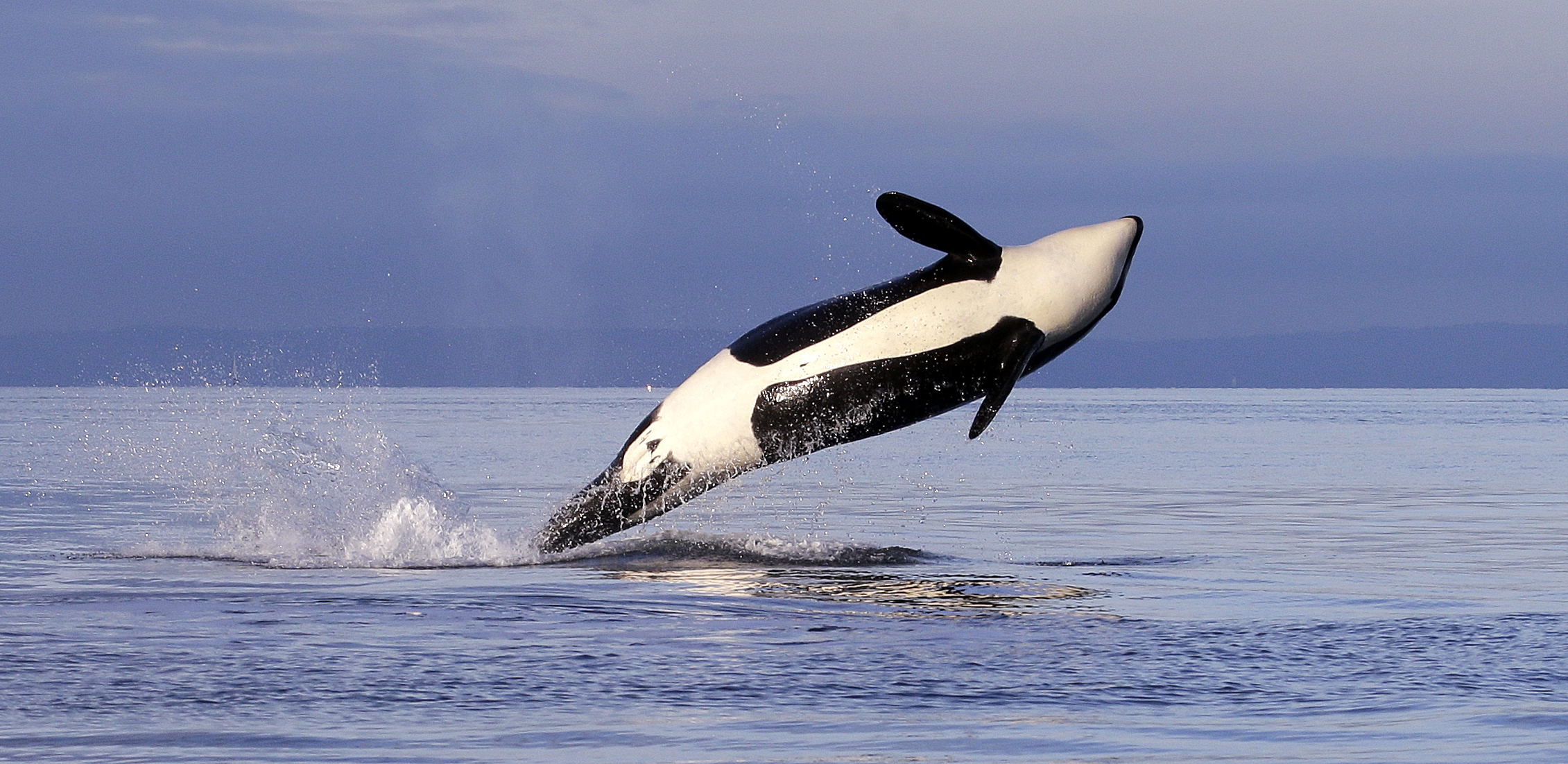By Peninsula Daily news and the Associated Press
SAN FRANCISCO — A recent federal appeals court ruling will have no immediate impact on warfare-related sonar testing and training activities by the U.S. Navy off the Northwest coast, a Navy spokeswoman said Monday.
The Ninth U.S. Circuit Court of Appeals on Friday ruled that the Navy was wrongly allowed to use sonar in the nation’s oceans that could harm whales and other marine life.
The court reversed a lower court decision upholding approval granted in 2012 for the Navy to use low-frequency sonar for training, testing and routine operations.
The five-year approval covered peacetime operations in the Pacific, Atlantic and Indian Oceans, and the Mediterranean Sea.
Back to lower court
The appellate panel sent the matter back to the lower court for further proceedings.
“We are aware the Ninth Circuit reversed the District Court’s grant of the government’s motion for summary judgment and the case has been sent back to the district court for a full trial,” Sheila Murray, Navy Region Northwest spokeswoman, said Monday in an email to Peninsula Daily News.
“Because the matter is still in litigation, it would not be appropriate for me to comment on this decision,” Murray said.
“SURTASS LFA Sonar [Surveillance Towed Array Sensor System Low Frequency Active, a long-range surveillance sonar system] certainly is an important component of the department’s national defense mission.
“We see no immediate impact to the Department’s testing and training activities pending the trial in the District Court.”
A message seeking comment from representatives of the U.S. Pacific Fleet in Honolulu was not immediately returned.
Sonar, used to detect submarines, can injure whales, seals, dolphins and walruses and disrupt their feeding and mating.
The 2012 rules adopted by the National Marine Fisheries Service permitted Navy sonar use to affect about 30 whales and two dozen pinnipeds, marine mammals with front and rear flippers such as seals and sea lions, each year.
Animals near ship
The Navy was required to shut down or delay sonar use if a marine mammal was detected near the ship. Loud sonar pulses also were banned near coastlines and in certain protected waters.
Environmental groups, led by the Natural Resources Defense Council, filed a lawsuit in San Francisco in 2012, arguing that the approval violated the Marine Mammal Protection Act.
The appellate court ruled 3-0 that the approval rules failed to meet a section of the protection act requiring peacetime oceanic programs to have “the least practicable adverse impact on marine mammals.”
“We have every reason to believe that the Navy has been deliberate and thoughtful in its plans to follow NMFS guidelines and limit unnecessary harassment and harm to marine mammals,” the appellate ruling said.
However, the panel concluded that the fisheries service “did not give adequate protection to areas of the world’s oceans flagged by its own experts as biologically important,” according to a summary accompanying the court’s decision.
“The result is that a meaningful proportion of the world’s marine mammal habitat is under-protected,” according to the decision.
Navy expansion
Last November, the National Marine Fisheries Service authorized a Navy proposal to expand sonar testing and other warfare training off the Northwest coast.
The Fisheries Service determined the exercises would not have major impacts on endangered orcas and other marine mammals.
The training zone includes areas off the North Olympic Peninsula’s Pacific Coast — including the Olympic Coast National Marine Sanctuary — off Indian Island and in the Strait of Juan de Fuca.
Navy officials have said the exercises are needed to ensure its forces are ready for conflicts and noted it has trained for decades in the area without significant effects on the animals.

